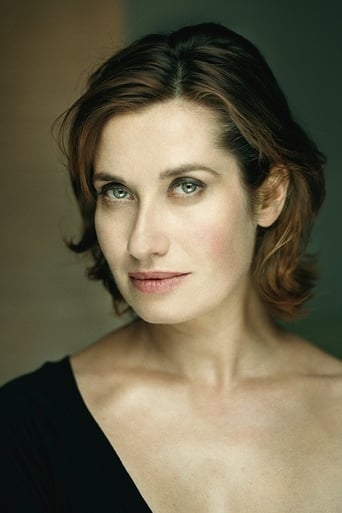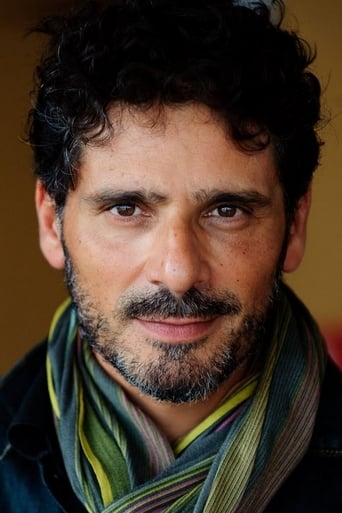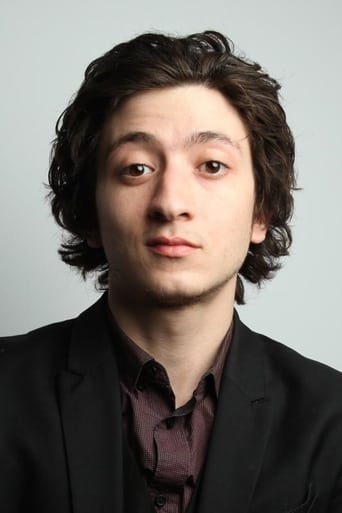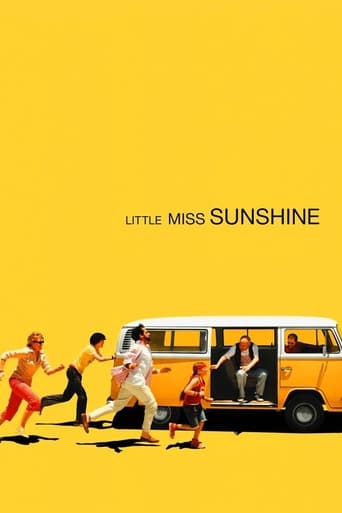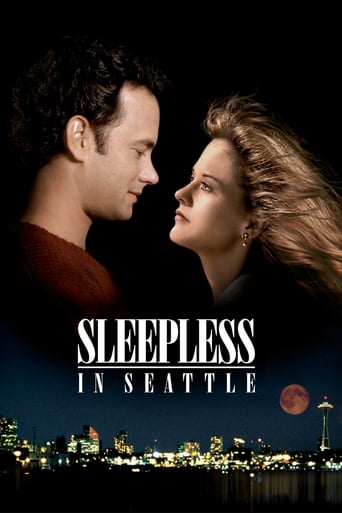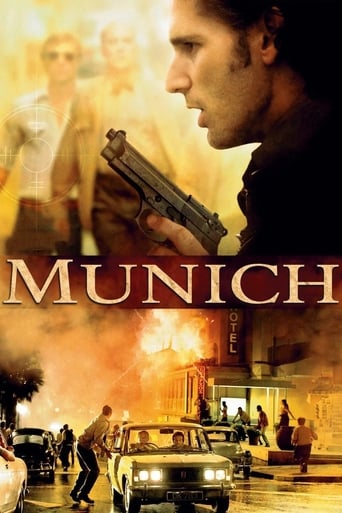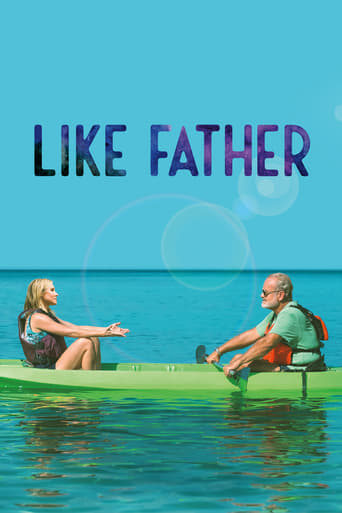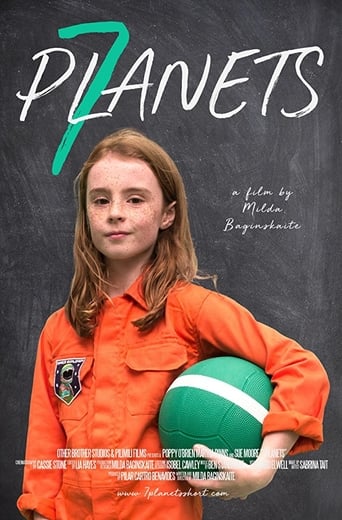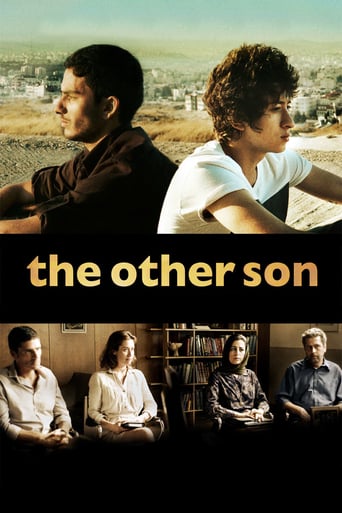
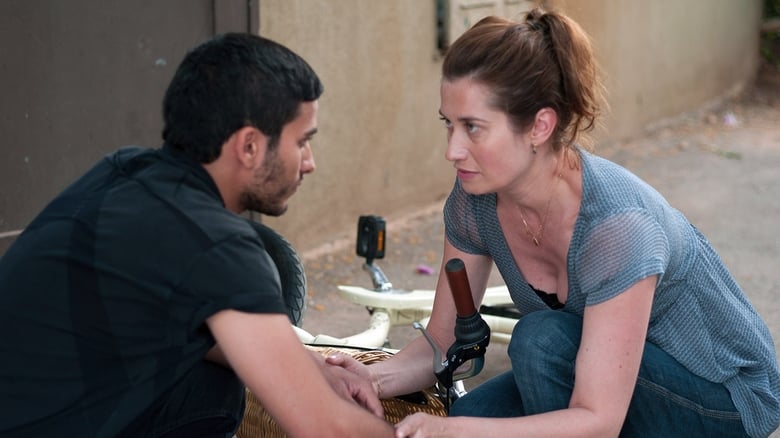
The Other Son (2012)
Two young men, one Israeli and one Palestinian, discover they were accidentally switched at birth.
Watch Trailer
Cast


Similar titles
Reviews
For some reason, European films only use subtitles when the characters are not speaking in English. As the actors usually have strong accents they are unintelligible when they do use English. I also had a feeling that even when the actors were speaking in Arabic, French or Hebrew we were not always getting subtitles. Captioning was greatly missed.The other big problem was the miscasting. Jules Sutrik does not look Palestinian, being too light skinned, and did not look at all like his biological brother Bilal. Likewise, Mehdi Dehbi was just a little too dark and more strongly resembled Bilal than either of his Jewish 'parents'. The film would have worked much better if the actors had alternated the roles, as it was I found the miscasting distracting to the point of being unbelievable, rather like a vanity piece where an actor shows off by playing against type or sex. The switched at birth plot is as old as Methuselah and a favorite of Shakespeare, Gilbert and Sullivan and many others. Although it was interesting, the storyline became very corny at times with the families coming together just a little too quickly.
"The Other Son" (2012 release from France/Israel; 105 min.) brings the story of 2 boys who are about to reach their 18th birthday. As the movie opens, we see Joseph applying to enlist at an elite unit of the Israeli Air Force, requiring him to do various medicals tests. It isn't long before his parents learn that Joseph's blood type (A+) is not compatible with theirs (A=). After some investigating, it becomes clear that two babies were switched accidentally at birth. The other 18 year old is Yacine, whose family lives in Palestine's West Bank. Joseph is devastated when he finds out about the mix-up at birth. But what about Yacine in Palestine? And how will their families react? And their friends? To tell you more would spoil your viewing experience, you'll just have to see for yourself how it all plays out.Couple of comments: first, kudos to writer-director Lorraine Lévy for bringing us this movie. The plot is entirely believable, and Levy treats the subject matter with dignity and respect. As you can well imagine, this is a delicate topic and if not done properly, it will ruin the movie. When the impact of it all hits Joseph, he wonders "Am I still Jewish?". Even more importantly, this movie shows again that, when you put politics aside for a moment, at the end of the day we are dealing with real human beings. Watch how the Jewish and Palestine mothers deal with the news that the sons they have raised are not their own...Bottom line: this movie should be required viewing for anyone interested in the Israeli-Palestine conflict. No, "The Other Son" is NOT a political movie, but instead is a heartbreaking family drama with a political undercurrent. "The Other Son" is HIGHLY RECOMMENDED!
I found this rather unique film, directed by Lorraine Levy, to be an engaging and touching drama.When Joseph Silberg (Jules Sitruk) goes for his pre-induction physical into the Israeli army, his blood work shocks his parents, Orith and Alon (Emmaneulle Devos/ Pascal Elbe), when his type A+ cannot genetically be possible with theirs of A-. When their doctor investigates it, he finds out that, at the beginning of the Gulf War in 1991, right after Orith gave birth to Joseph, the hospital in Haifa was evacuated during a SCUD missile attack.The hospital mistakenly switched her baby boy with a Palestinian woman's baby and DNA tests have confirmed this. The Palestinian woman, Leila (Areen Omari) had been visiting a relative in the area but is now living in the Israeli occupied West Bank with her husband Said (Khalifa Natour), the boy Yacine (Mehdi Dehbi) now nearly 18 years old and the rest of her family.When the parents of the two boys are brought together in the doctor's office, it triggers an enormous amount of emotion and dramatic interplay. I thought it was fascinating to see how each family member reacted to the shocking news, as well as each of their respective communities. Could decades of conflict and mistrust be overcome by kinship and family? I'll let the viewers see the results for themselves.All in all, I thought Levy and her co-writers did an excellent job of presenting the material in a very engrossing manner. The acting, I thought was first rate as well. Even if it is a little contrived, I enjoyed this different type of drama.
A hospital mix up results in an Israeli army colonel and his wife raising a Palestinian baby as their son, while a Palestinian family raise the Israeli baby as their son. The film deals with the discovery of the administrative error, while raising the obvious question - why apartheid is alive and well in Israel.OK. Let's deal with the "elephant in the room" criticism of the happy (or at least positive), Hollywood ending out the outset. David Stratton (ABC TV Australian 20/4/13) summed it up..."The resolution Levy proposes isn't entirely satisfactory however and there is a nagging feeling that this scenario is a little bit too schematic"Remember, it was the Sabras who finally imposed their reluctance to obey orders and break the bones of rock throwing Interfada demonstrators that changed the way these matters were policed. Why could it not be the same Sabras who take on their elders over the way the country is governed?There is a great quote in a 1998 back packers tourist guide that makes this idea plausible"Israel adores its children they are indulged, undisciplined, ill mannered and forgiven by everyone.Even dare to mention that they might be a nuisance and eyebrows will be raised. Somehow their exuberance and enthusiasm, their noisy boisterousness, their robust tanned health and energy all seem to symbolize the state itself. Israel too is young and new and vulnerable. But above all the children of today are alive. Even now when Israelis look at the children they are reminded of a dark past and an uncertain futureSurely no film has captured so dramatically the police state mentality that pervades Israeli culture, and not just at the border crossings. Who says the next generation can't be involved in knocking down (both figuratively and literally) the walls so evocatively depicted in this film. It is the mothers who have garnered the most notice for the quality of their acting. Both Emmanuelle Devos (all grown up since I last saw her in "Read My Lips") and Areen Omari depict a near erotic delight in stroking their estranged sons faces as they are re-united over the course of the film. It is quietly powerful stuff in what is essentially a comedy of manners. The other cast members deliver too. And the cinematography brings the viewer right into the localesI found myself caring less and less about the criticism of the unlikely resolution as I thought about the film more and more. Like that other outsider's film (Spielberg's "Munich") this film may well change attitudes in Israel, this time for the better. A satisfying and quietly enjoyable film about hope


